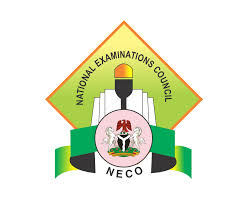Experts in educational technology have stressed the need for Nigeria to integrate Artificial Intelligence into its education system.
They noted that integrating AI would elevate the quality of education, benefiting both students and teachers.
This was revealed during the May edition of Edtech Mondays, a forum themed ‘Artificial Intelligence in Education,’ which was moderated by Chinyelu Akpa, Practice Lead, Education, at CCHUB in Lagos.
The program is a collaborative initiative between the Co-Creation Hub and Mastercard Foundation’s Centre for Innovative Teaching & Learning in ICT.
A panelist, Freda Anyanwu, the County Director, Global AI Council Nigeria, emphasised the need to implement AI ethically and responsibly in all the schools. Anyanwu revealed that her organisation was planning to collaborate with the government by developing a national Artificial Intelligence Strategy, aimed at creating a framework and guidelines to make AI is ethically used in Nigeria.
Another Panelist, Abdullahi Bature, Co-founder of Schoola Limited, recognised the positive effect of AI in today’s education system, making learning and teaching easier. He also made clear that with the deployment of AI-enabled tools, the issues of outdated curricula and scarcity of good qualified teachers in Nigeria’s education system, would be solved once and for all.
He said, in describing AI usefulness, “For us, we see AI as our work colleague, that is, that colleague that is hardworking, and can help you do the chores.”
Omotayo Olorunfemi, Community Operations Manager at Data Science Nigeria, discussed the significance of AI in education, highlighting its potential to enhance learning experiences and support personalized learning. AI would also provide data-driven insights, enabling educators to identify the most effective learning methods and optimize the learning process.
“Personalisation of learning is where learners can have access to AI-enables systems, AI-enabled platforms, AI-enabled solutions that they can leverage to generate learning content in the form of videos, in the form of audios, in the form of texts and even in the form of flashcards. This learning process enables students to be able to select their preferred learning approaches, such that they are learning with the kind of content that they will be more interested in learning with.”





























